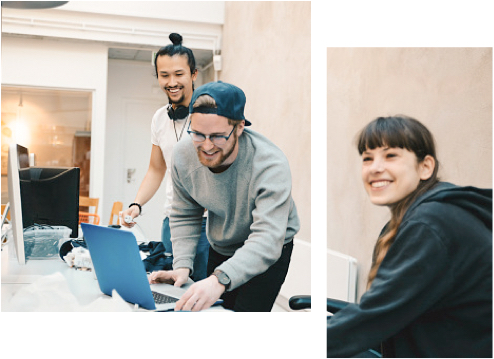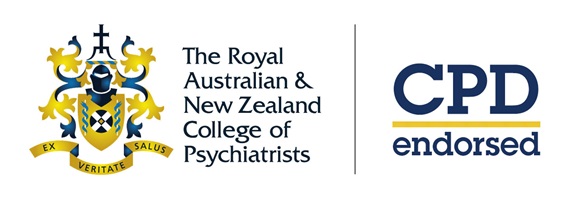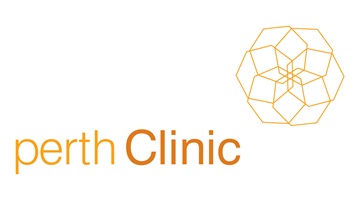UWA PLUS
rTMS training course - theory component RTMSM501
This micro-credential aims to teach the neuroscientific theory behind repetitive transcranial magnetic stimulation (rTMS) treatments, including a background on the neuroscience, biophysical principles and technological advances.
The course will also provide a critical review of the clinical literature in the field and offer an up to date summary of cutting edge research in the field. Lectures will cover special topics that may include areas such as paediatric neuromodulation, novel therapies and technological.
The aim of the course is to support health professionals and researchers who wish to apply TMS in their clinics and/or research by providing training and networking opportunities with other health professionals who are already using or plan to use TMS.
The course will also offer opportunities to develop professional networks and research collaborations.
Upon successful completion, you'll receive:
- Two PD Points, stackable for conversion to academic credit
- A Certificate of Achievement
- A UWA Plus Professional Development Transcript, listing all successfully completed micro-credentials
- Delivery mode
- On-campus or Online
To complete the micro-credential, you will watch a series of pre-recorded lectures, complete a baseline knowledge MCQ before attending the 1 day seminar. You will then complete an assessment in which you address three case studies, and complete a final MCQ.
- Course dates
-
20 March 2026
- Registration Open
- Registrations will close on 13 March 2026
- Duration
- One day course with online material and assessments available for 4 weeks
- Effort
- Attendance is required at the one day course, but up to 40 hours of additional effort is required to gain the required knowledge and pass the assessment.
- Live Lectures: 8 hours
- Pre-reading: 15 hours
- Recorded content: 12 hours
- Personal study: 12 hours
- Assessment: 3 hours
- Academic Lead
- Associate Professor Jennifer Rodger
- Cost
- On campus mode $660 inc GST [MC-3Q]
- Online only mode $594 inc GST [MC-3Q] PREPAYNA10
- Critical information summary
- RTMSM501 - Critical Information Summary [PDF 243KB]

What you'll learn
Understand the basic mechanisms and neurobiological principles of rTMS
Demonstrate knowledge of safety requirements for rTMS treatments
Apply knowledge of evidence base of rTMS to patient treatment
Recognise and address the needs of special populations and address disease-specific conditions and complications
Recognise and address disease-specific conditions and complications.

Why study this course?
Repetitive transcranial stimulation (TMS) is a novel therapy for the treatment of depression and is used experimentally in a
range of neuropsychiatric disorders.
This micro-credential teaches the theory and didactic knowledge relevant to the application of repetitive transcranial stimulation (TMS) in the clinic. Content is delivered by researchers in neuroscience and clinical practitioners who are expert in their fields.
Recommended prior knowledge
Relevant degree in medicine, allied health and/or science, equivalent experience.It is recommended that this course is taken in combination with RTMSM502: rTMS training course: practical application
How does it work?
Participants will attend lectures, view pre-recorded content, complete pre-reading and be expected to undertake personal study. Assessment will be comprised of a multiple choice quiz and the development of a treatment plan.
What's next after this course?
- Future study
- Masters of Biomedical Science (Neuroscience specialisation)
- Career outcomes
- You will gain skills to design a rTMS treatment plan in clinical practice and carry out research in rTMS
Industry endorsement
This micro-credential has been endorsed by The Royal Australian and New Zealand College of Psychiatrists (RANZCP) as Continuing Professional Development (CPD) hours:
Transcranial Magnetic Stimulation Certification Course
This course has been endorsed by the RANZCP as CPD activity code: ED000061, and each hour of participation can be claimed under Accredited Group Learning Activity (Section 4.1). Please note: for accreditation, students will need to successfully complete both the theory and practical micro-credentials, RTMSM501 and RTMSM502.






